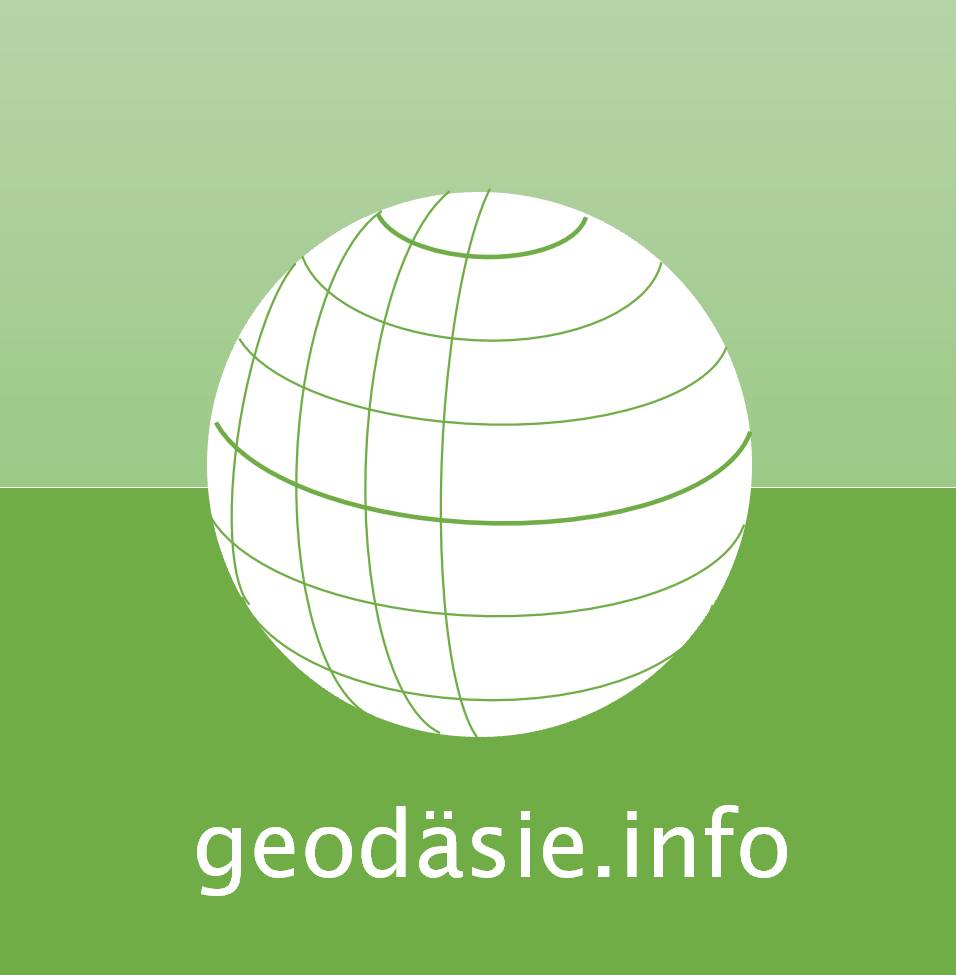Zusammenfassung
In peripheren ländlichen Räumen Europas ist die Sicherung der Daseinsvorsorge eine aktuelle und dringliche Aufgabe. Im Bereich der medizinischen Versorgung und Pflege stellen innovative Projekte – vor allem im Bereich von E-Health sowie durch den Bedarf an neuen Kooperations- und Organisationsstrukturen – effiziente Angebote und Ergänzungen zu den schwindenden Möglichkeiten der Regelfinanzierung dar. Von besonderem Interesse sind dabei die Erfolgsfaktoren, die zu einer Verstetigung dieser Projekte führen. Anhand von Fallstudien aus Schweden und Österreich werden daher Erfolgsfaktoren empirisch identifiziert, mit Experten plausibilisiert sowie deren Übertragbarkeit auf ländliche Räume Deutschlands diskutiert. Digitale Produkte, die eine Loslösung der Standortbindung und die Überbrückung von Entfernungen ermöglichen, können mit Hilfe aktiver Öffentlichkeitsarbeit an Akzeptanz gewinnen. Kompetente Schlüsselpersonen in den Projekten nehmen hier eine tragende Rolle in der Kommunikation und Vernetzung mit gesellschaftlichen Akteuren ein. Zudem können gezielte Aus- und Weiterbildungsangebote dazu dienen, eine Überbrückung der sektoralen Trennung zwischen medizinischer Versorgung und Pflege anzustoßen. Die Bereitstellung ganzheitlicher Angebote, die Produkte aus der Regelfinanzierung ergänzen, rückt demnach in den Fokus. Qualifizierte Fachkräfte sowie im Ehrenamt tätige Personen können gemeinsam einen großen Beitrag zur Sicherung der Daseinsvorsorge leisten.
Summary
In peripheral rural areas of Europe, securing services of general interest is a current and urgent task. In the field of medical care and nursing, innovative projects – especially in the field of e-health and through new cooperation and organisational structures – represent efficient offers and supplements to the decreasing possibilities of regular funding. Of particular interest are the factors that lead to the continuation of these projects. Based on case studies from Sweden and Austria, success factors are therefore empirically identified, plausibility checked with experts and their transferability to rural areas in Germany discussed. Digital products that enable people to break the ties that bind them to a specific location and bridge distances can gain acceptance with the help of active public relations work. Competent key persons in the projects play a leading role in communication and networking with societal actors. In addition, targeted training and further education offers can help to bridge the sectoral divide between medical care and nursing. Accordingly, the provision of comprehensive services is moving into focus. Qualified professionals and people working in an honorary capacity can together make a major contribution to securing the provision of services of general interest.

